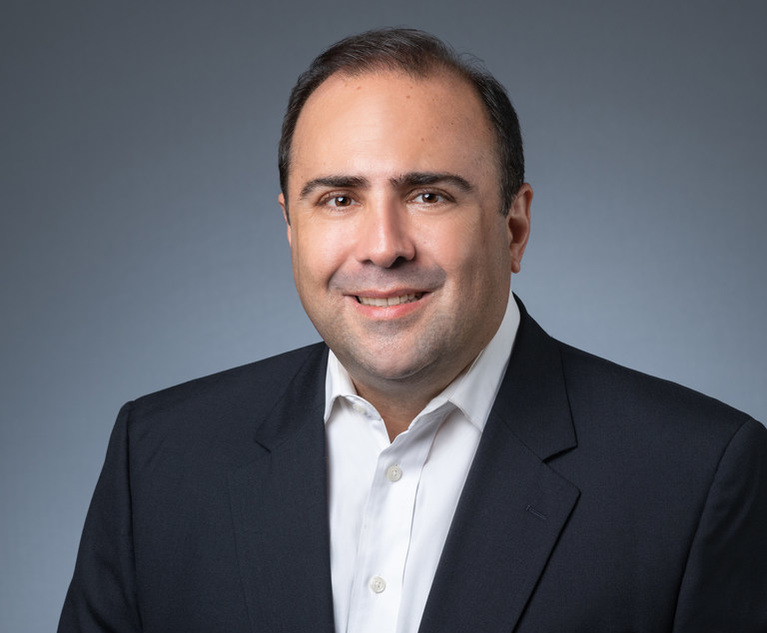Last week, the world’s largest law firm, Dentons, announced that it will be closing two of its UK offices following the success of remote working during the pandemic. It won’t be the only one.
As law firms face the reality of only being able to operate their offices at 10 or 15% capacity for the foreseeable future, there has been a moment of realization for lawyers as they find they can actually work remotely quite successfully. An industry once famous for its hesitation to adopt technology has been forced to transform how it uses it overnight, as hearings and trials take place on video-conferencing platforms and law schools transition to online learning.







